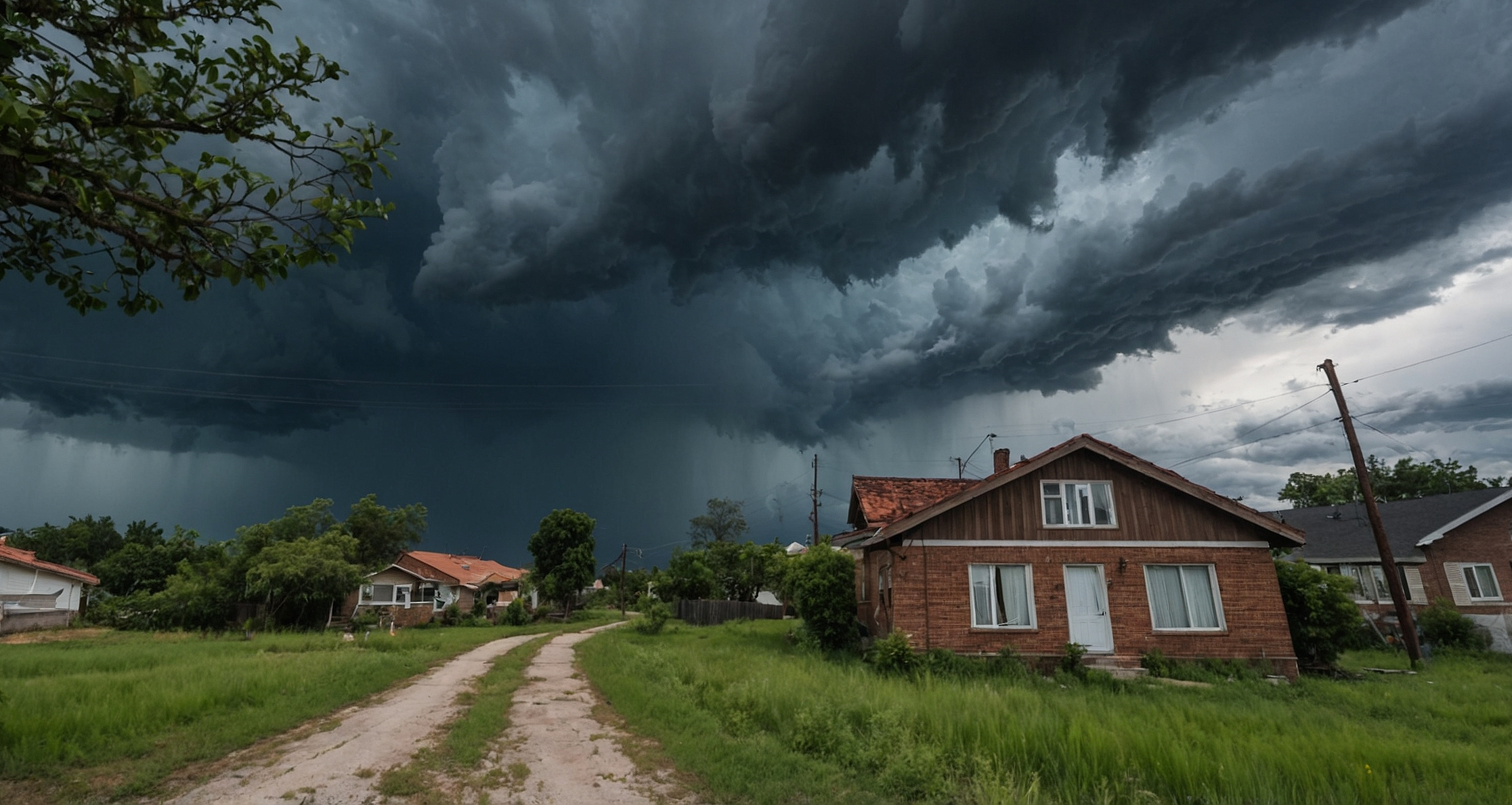
Heavy Rains in WNC Heighten Tree Hazards and Homeowner Expenses
Western North Carolina -- August 2, 2024: The recent deluge in Western North Carolina has not only swollen rivers
and flooded communities but also created a heightened risk for homeowners due to compromised tree stability. This danger poses both immediate threats and long-term financial implications for residents throughout the region.
Increased Risk of Falling Trees
The significant rainfall, which dumped more than five inches across parts of the region, has saturated the ground to a dangerous extent. Such saturation increases the likelihood of trees toppling over, as roots struggle to maintain a firm grip in the loosened soil. This risk is particularly acute for trees with shallow root systems, such as certain species of pines and oaks. Older and weaker trees are also more prone to falling, which can lead to significant damage to homes, vehicles, and power lines (ncei.noaa.gov) ( The Pew Charitable Trusts )
Types of Vulnerable Trees
Among the trees most at risk are those with compromised root systems or existing health issues. Pine and oak trees, which are common in the region, can be particularly vulnerable. These trees often have expansive canopies that catch the wind easily, and when combined with saturated soil conditions, they are more likely to be uprooted (ncei.noaa.gov)
Economic Impact on Homeowners
For homeowners, the financial impact of these risks can be substantial. The cost of removing a fallen tree ranges from $300 to $1,500, depending on its size and location. If a tree damages a structure, repair costs can quickly escalate. Furthermore, many standard homeowner insurance policies may not cover all aspects of storm damage, leading to additional out-of-pocket expenses for flood and water damage repairs (ncei.noaa.gov) ( The Pew Charitable Trusts )
Broader Environmental and Infrastructure Concerns
Beyond individual properties, the heavy rains have exacerbated broader environmental concerns, such as landslides and erosion, which are significant issues given the region's mountainous terrain. Landslides not only pose direct threats to homes but can also lead to road closures, further complicating recovery efforts. Communities have already experienced road blockages and property damage, adding to the urgency of addressing these natural hazards ( The Pew Charitable Trusts )
Preparing for Future Risks
Local officials and residents are being urged to assess the condition of trees on their properties and consider professional evaluations to mitigate potential hazards. Experts recommend that homeowners take proactive measures by trimming overgrown branches and removing dead or compromised trees. Additionally, reviewing and updating insurance policies to ensure adequate coverage for storm-related damages is advisable ( The Pew Charitable Trusts )
As Western North Carolina continues to grapple with the aftermath of the storms, it is crucial for communities to address both the immediate dangers and long-term resilience strategies to safeguard against future environmental challenges. The recent weather events serve as a stark reminder of the powerful intersection between natural forces and human habitation in this part of the state.
WNCTimes
Image: WNCTimes


 How to resolve AdBlock issue?
How to resolve AdBlock issue? 